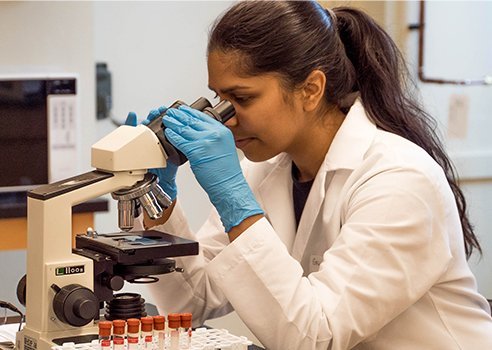Reading time: About 1.5 minutes
This is my weekly installment of “writing about writing,” in which I scan the world to find websites, books and articles to help writers. Today I discuss an article about science writing by Michelle Nijhuis…
Believe me when I tell you I know nothing about science. I was an Arts student all the way. I aced English. Did well at history. Survived French. But I passed math 11 only by promising never to take math ever again. It was a promise I found easy to keep. And when I did my mandatory science credits at university I took watered-down sciences-for-arts-students classes (human ecology and genetics).
That said, I’ve always enjoyed good science writing. My husband, a sciences guy (proof of the only scientific principle I’ve managed to learn: opposites attract), introduced me to the work of Lewis Thomas, a masterful writer. On my own, I’ve discovered Randy Shilts, author of And the Band Played On, and Rebecca Skloot, author of The Immortal Life of Henrietta Lacks. Sheri Fink’s book Five Days at Memorial — the story of a hospital dealing with Hurricane Katrina — is even on my Christmas list.
As a result, I was interested to read “The Science and the Art of Science Writing” by Michelle Nijhuis in a recent New York Times opinionator column. I like the way she described her interest in science and the value she ascribes to good writing about it. Here is part of what she said:
In its crudest form, science writing simply translates the latest results from the academy: Coffee is good for you, bean sprouts are not, and your sex life is much, much worse than you thought. Better science stories put new results in context, synthesizing and analyzing what came before, what might come next, and why you should care.
I also agree with her that “the most memorable science writing also puts humans back in the equation.” The very best science writers understand that what humans are most interested in is very straightforward: other humans.


